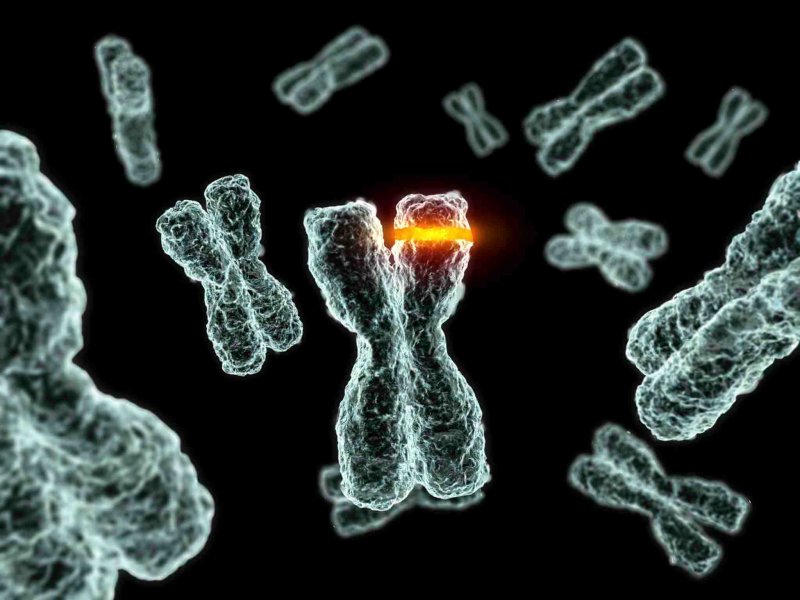As you read this article, the cells in your body are dividing and the DNA in them is being copied, letter by letter. So long is the human genome—more than 3 billion letters—that even an astonishingly low error rate of one in many million letters could amount to 10 new mutations every time a cell divides.
…
In a typical day, scientists estimate, the 37 trillion cells in your body will accumulate trillions of new mutations. Are you horrified yet?
Good, me too.
But somehow we are not all walking bags of cancer. Somehow we accumulate bajillions of mutations and are, mostly, okay. How?
…
A small number of those mutations could strike in a cancer gene, making individual cells better at dividing and growing. But one mutation isn’t usually enough to make the cell cancerous.
…
For example, a cancer cell needs to override the natural limit on how many times a cell can divide. It needs to escape “apoptosis,” or the cell’s tendency to self-destruct when something goes wrong. And it needs to evade an immune system that is constantly on the lookout for aberrant cells. A single cell must accumulate all these mutations to be become successfully cancerous.
…
Cancer is more common in the elderly because they have simply had more time to accumulate the right—or rather, wrong—set of mutations.
Read full, original post: Your Body Acquires Trillions of New Mutations Every Day































